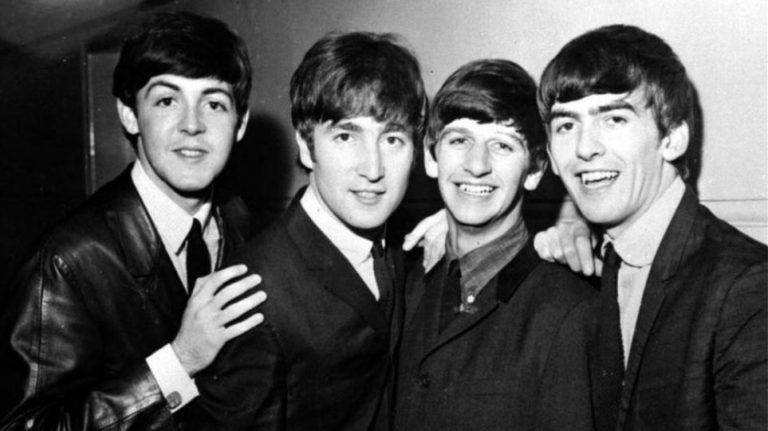After eight years that shook the world, redefined music and rerouted popular culture, it took just one word to kill off the best band that ever lived. “Are you planning a new album or single with The Beatles?” Paul McCartney was asked in a press release for his first solo album McCartney, sent to journalists on 9 April 1970. Answer: “No”. And to drive the final nail home: “Do you foresee a time when Lennon-McCartney becomes an active songwriting partnership again?” “No.”
With that, the dream was over. On 10 April, the Daily Mirror ran the front-page headline “Paul Quits The Beatles”, and the media across the world ignited. Fans and reporters gathered outside the offices of Apple Corps at 3 Savile Row, distraught or eulogising. “The event is so momentous that historians may, one day, view it as a landmark in the decline of the British Empire,” reported a CBS News crew from America. “The Beatles are breaking up.”
A generation was plunged into shock and mourning. Not just the screaming hordes of Beatlemania, still barely in their twenties, but the counter-culture dreamers and social activists of flower power who had found mainstream acceptance in the band’s mid-period albums, and the darker rock and psychedelic experimentalists for whom The White Album and Abbey Road were such rich and influential pickings. For almost a decade, through The Beatles and their acolytes, music had owned the world; for many this felt like a full stop not just on the greatest band in history, but on the onward rush of an evolving, revolutionary youth culture.
The Beatles themselves were also shocked. McCartney would later claim that he hadn’t intended his release to be taken as announcement of a split, and was “devastated” at the reaction. George Harrison refused to comment, Ringo Starr responded, “This is all news to me,” while John Lennon quipped: “It was nice to find that he was still alive. Anyway, you can say I said jokingly, ‘He didn’t quit, I sacked him!’”
Coronavirus Greece: 71 new cases, 1.955 in total, 3 new deaths in last 24 hours
In reality, the band felt that McCartney had betrayed them by using a break-up they knew was well under way to promote his new record. Under the strains of enormous global success and incredible cultural expectation, The Beatles had become a bristling tangle of ego, insecurity, frustration, hard-drug addiction, spiritual confusion, miscommunication and thinly veiled hostility, their issues exacerbated by the lack of managerial control, encroaching business catastrophe and – yes, to a degree – Yoko.
The writing had been on the wall as far back as 1968 and for Lennon, who’d informed his bandmates of his intention to leave in September 1969, there was the added rancour that it was his band, and his band to destroy.
“I wanted to do it and I should have done it,” he said later. “I started the band, I disbanded it. It’s as simple as that.”
The roots of the split went deep; right back, in fact, to the moment the screams of Beatlemania began to fade.
Read more: The Independent
Ask me anything
Explore related questions





